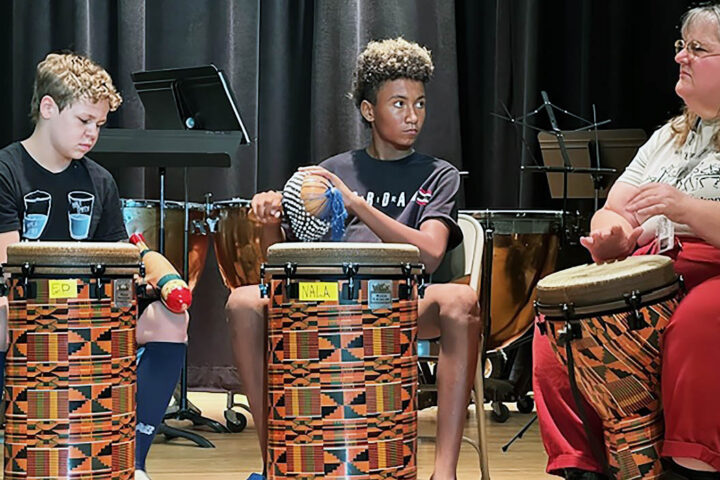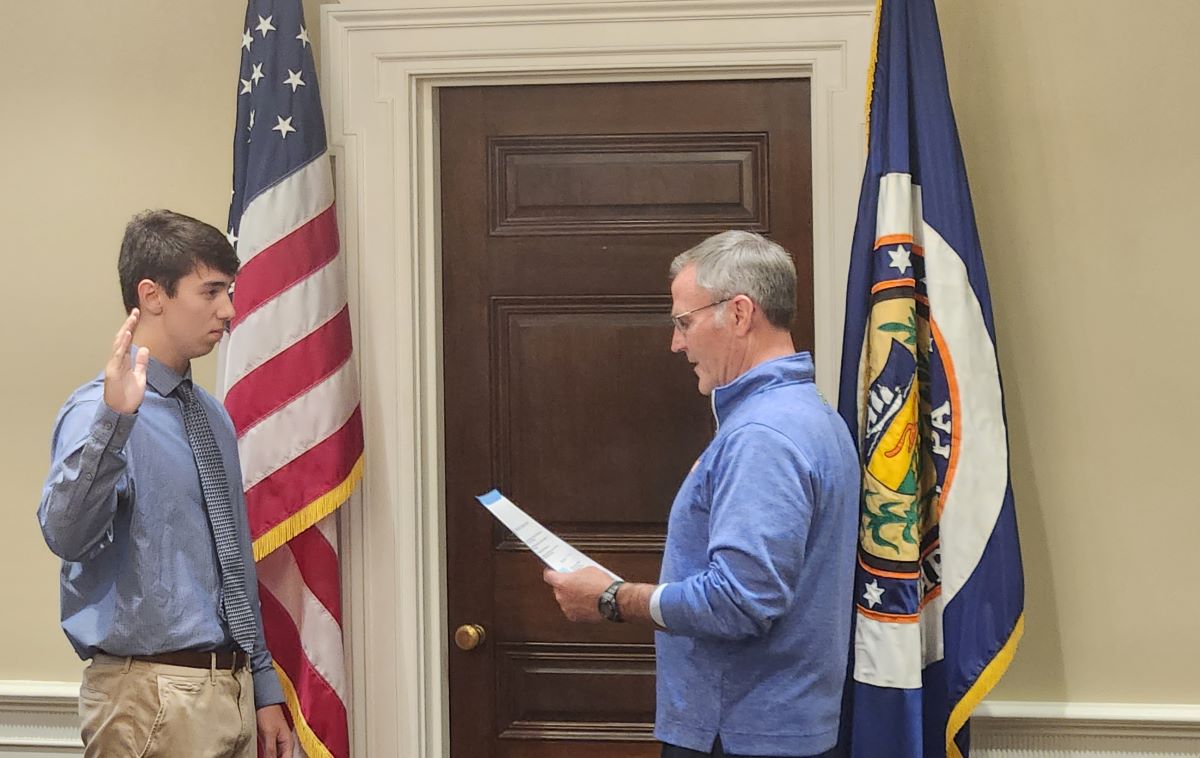By ELLEN SCALISE and TONI WILLIAMS
Republished with permission from Hospice of Warren County
I am a children’s grief counselor. Grief counseling for children sounds like a scary idea for most of us. Parents are often afraid that if they register a child for this service, it will only escalate the child’s grief, make them dwell on their loss, distract them, and create even more tears and sadness.
Actually, grief counseling aims to help the child talk about and remember the good memories and express their grief in child-centered discussion and activities. Kids worry about their loved ones who are no longer living, and even more about those they see grieving. Parents and kids don’t want to upset each other by talking about their grief, so they just don’t talk about it. As a result, children often suffer in silence, thinking something is “wrong” with them.
When children return to school following the death of someone close to them, be it a parent, grandparent, or friend, they find themselves lost and alone. What they have just experienced makes them feel a little different than others in their class.
In counseling sessions, it is truly amazing to see kids open up, share their memories, express their worries and start the healing process while being reassured that there is nothing wrong with them. Are there ever tears? Yes, but not very often, and grief counselors make sure the child is “ok” before going back to class if they do become upset.
When children come together with classmates in the same situation, they form a bond or group because they realize they are not alone. They learn that everything said within the group is confidential. Trusting one another is essential. Teachers have found that students in a group, who learn that they are not alone in feeling grief and loss, begin to get back to a more normal routine in the classroom.
So, how do counselors engage children in the whole process of healing grief? First, we explain that they are not in trouble and that we’re there to help. Then there is a big sigh of relief. We get to know them a bit and don’t push too hard, taking cues from them.
As a counselor, I always have a plan for the session, but the children’s issues are the priority. Mine can wait. Always.
We talk. We talk about sickness and death and funerals. We talk about how the loss has impacted our lives and our families. We talk about confusing emotions, we read books, we write poems, we draw, we paint, we complete workbooks and journals, we learn breathing and stress management tips. We talk about and express our loss in many, many ways. We work hard at finding ways to keep the good memories alive. In grief groups at school, we do all of these things with other children. By hearing others express grief, we realize that we are not alone. Fellow students have some of the same types of loss. And then we see healing in grief.
There may be times before a holiday or a special event, like the first day of trout season or the first day of deer season, that a child’s behaviors may change. As the students try to focus on schoolwork, they are also thinking about the approaching season, their loss, and their loneliness. Having a counselor that they can talk to is important. When a student trusts that someone cares, it helps them cope with everything that they are going through.
Children have told me that they are afraid to talk to mom or dad because they do not want their parent to be sad or to cry. A counselor can explain to a child that it is ok to talk to parents or other adults and let them know how the child feels. School grief groups help students understand that others do have the same feelings. Knowing they are not alone is significant.
Is there a child in your family who has experienced a loss due to the death of a loved one? Are they having trouble adjusting to the loss? Since the death, is there a change in the child that you just can’t put your finger on?
If you answered “yes” to any of these questions, consider enrolling your child in school group grief counseling.
Student enrollment in school group grief counseling is easy and counseling is free of charge.
Two forms need to be completed to begin the group counseling process: a Grief Counseling Referral Form and a Parent/Guardian Permission Form. Both are readily available from the Schorman Center or from your school Guidance Counselor. A parent, guardian or school guidance counselor may complete the Referral Form. The Parent/Guardian Permission Form requires information about the student’s school, grade level, the name of the deceased loved one and the relationship of the student to the deceased.
Also, the parent or guardian is asked to identify the child’s behavioral changes they have observed since the death. Common changes in children include differences in sleep patterns, crying and excessive sadness, negative attitude, poor school performance, withdrawing from social interaction, poor eating habits or other changes that cause worry for the family.
Schorman Center grief counselors will begin a student grief counseling group at a school where there are three or more children who need grief counseling at the same time. If you know a child who would benefit from school group grief counseling, contact the Schorman Center or the student’s guidance counselor to get the process started.





























